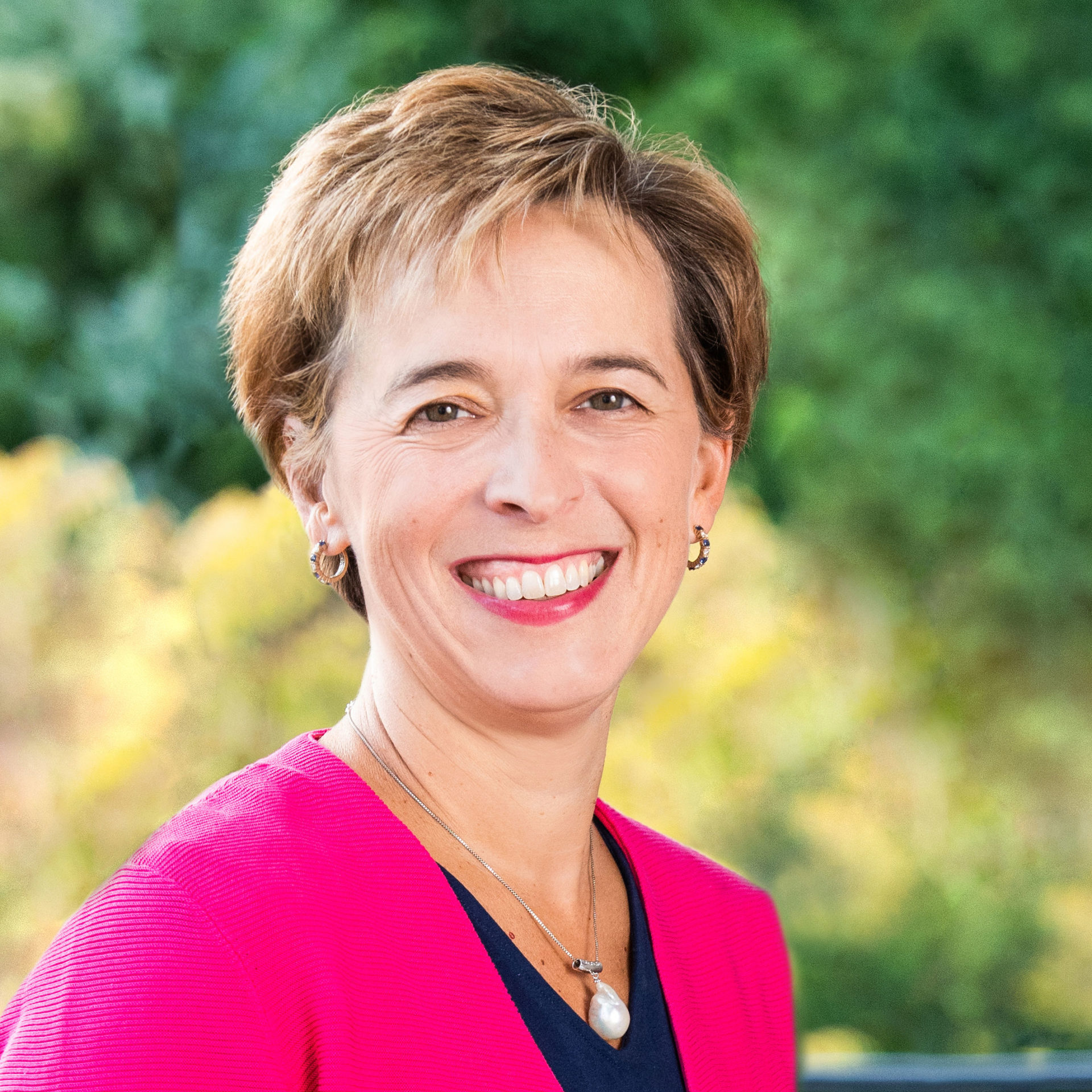If you consider how many individuals throughout history have transformed our world through the passion they poured into their work, imagine what possibilities the future might hold if an entire generation were pursuing their passions.
Julia Burns, Co-Founder and Board President, Pathways High
When asked to describe the secret to his success at the Wauwatosa Public Library Foundation’s virtual fundraiser, Bud Selig, Milwaukee native and Commissioner Emeritus of Major League Baseball, said, “I was lucky because I got to do what I loved.” It was a simple, straight-forward declaration; one I’m sure others have heard before. However, I took a moment to write it down because the word “lucky” struck me. Should a person really have to be lucky to live out their dreams?
As Selig continued regaling his audience with engaging stories and insights from his 45-year career within the Major League Baseball organization, I couldn’t stop thinking about this five-letter word, especially in the context of education. Luck too often dictates if a learner will land in a career and on a life pathway they love.
Sadly, it’s not just Selig who thinks he was lucky to love his work. According to Gallup surveys of US part-time and full-time employees over the past 20 years, 64-74% expressed feeling “actively disengaged” or “not engaged” in their work. And, while falling into either of these categories signals a largely unhappy workforce, the arguably worse of the two (not engaged), makes up a whopping 54% of those surveyed, which according to Gallup, means they are “psychologically unattached” from their work and company. “These employees put time, but not energy or passion, into their work.” Is this reality rooted in something deeper? Could this be the compounding effect of never being empowered, as a young person, to discover and follow one’s interests or curiosities?
I soon found evidence that confirmed my instincts.
Unsurprisingly, Gallup revealed similar results in a 2016 survey of K-12 students who reported decreased engagement over time. While 74% of fifth-graders reported being engaged at school, only 45% of eighth graders and 34% of high school seniors were engaged. What factors could be contributing to this increase in disengagement over time spent in formal education?
Could it be that our efforts to standardize what every student needs to know upon graduation have crowded out opportunities to identify, much less pursue, passions? Is the push for greater efficiency and the effort to operate at scale eroding schools’ ability to engage the individual?
How Education Can be the Catalyst for Change
Imagine if we harnessed education as the catalyst for creating a workforce where it is the norm for people to love their jobs. If you consider how many individuals throughout history have transformed our world through the passion they poured into their work, imagine what possibilities the future might hold if an entire generation were pursuing their passions. Imagine, through critical breakthroughs and discoveries, the complex challenges this generation could solve. Imagine the decrease in mental illnesses (in children and adults) and the secondary health and economic benefits that would follow.
I believe making this future real begins with increasing the opportunities for young people to find and pursue work that inspires and excites them. Thankfully, I’m seeing organizations and schools around the country, like Pathways High, make a more intentional effort to provide educational opportunities that increase student engagement.
For instance, while watching a recent webinar hosted by Education Reimagined Fellows, Colby Mills and Jemar Lee, Colby described the shock of being asked for the first time as a young person, “What are your passions?” He had enrolled in a learner-centered school and didn’t know what to expect. This question immediately shifted his mindset. Until that moment, it had never crossed his mind that a school would even care what his passions were. This was exhilarating new territory for him.
The experiences that followed transformed his life. Colby found himself presenting on learner-centered education at numerous national conferences and has led an effort within his alumnus district, Pike Road Schools in Alabama, to create a small learning environment startup called Charge.
Colby’s story and insights reminded me that opportunities for young people to follow their unique passions should be the norm, not the exception (as Selig’s statement continued to echo in my head).
Let’s be More like Bud Selig
What does it look like when more people are doing what they love? I keep returning to Selig’s talk, where he described how he often worked long hours, arriving early and staying late at the ballpark. No one was making him work these long hours. He wanted to put in this effort. He cared deeply about his work, his colleagues, and the fans. He was intrinsically motivated.
At Pathways High, the power of intrinsic motivation can often be seen in action during interdisciplinary seminars, but especially at Student Exhibition where students showcase their projects to the outside world. When learners of any age are passionate about a topic or project, nothing can hold them back. It’s important for educators to guide learners in distinguishing the experiences that bring out their best and give them the most joy. Those sparks of joy could be the key to cultivating a fulfilling career path.
It’s time to value the unique interests of every young learner, which begins with asking the right questions—questions like the one that sparked Colby’s transformation: What are your passions? What captivates your attention? What activities make you lose track of time? Where do you turn when you have a craving to learn?
I believe the answers to these questions provide a much richer picture of a student’s passion and intrinsic motivations. And, they should challenge us to rethink how those passions are at the core of their learning journey. If we all commit to nurturing learners’ passions in this intentional way, I’m confident more people will be like Selig in the later stages of their careers and lives, feeling genuine joy in what they accomplished. And, they won’t have to rely on luck to get there.

